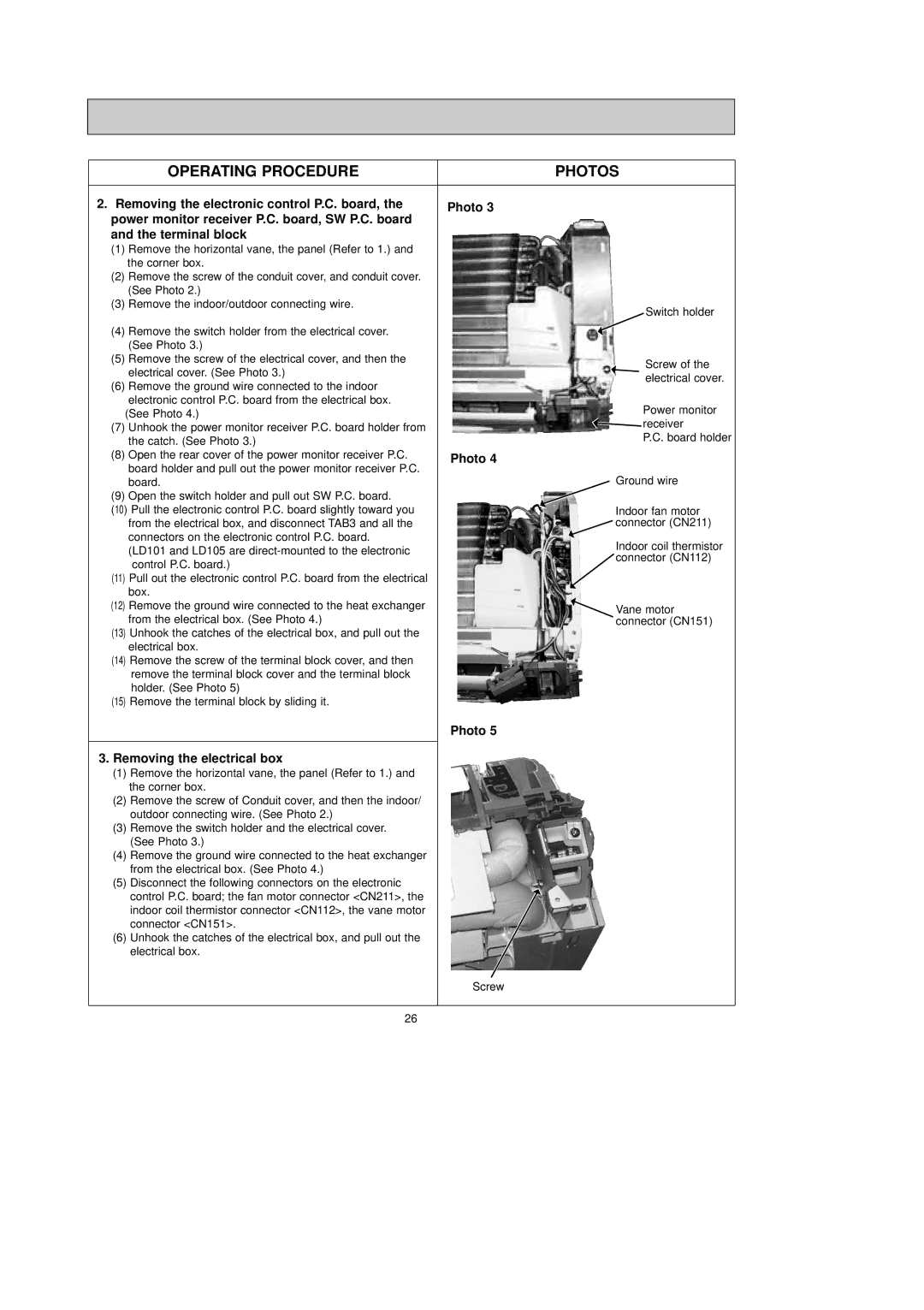MSY-A15NA, MSZ-A09NA, MSZ-A17NA, MSZ-A12NA, MSZ-A24NA specifications
Mitsubishi Electronics is a renowned name in the HVAC (heating, ventilation, and air conditioning) industry, known for innovative, efficient air conditioning solutions. The MSY-A17NA, MSY-A24NA, MSZ-A15NA, MSZ-A24NA, and MSZ-A12NA models exemplify this legacy, offering advanced features and cutting-edge technology. These models cater to various room sizes and requirements, providing comfortable and reliable climate control.The MSY-A series, including the MSY-A17NA and MSY-A24NA, is designed for both cooling and heating. They feature inverter technology, which optimizes energy use by adjusting compressor speed based on demand, resulting in significant energy savings. The units come equipped with high-performance filters that capture dust and allergens, ensuring cleaner air.
Additionally, the MSY models incorporate a quiet operation mode, making them ideal for residential use. The user-friendly remote control allows for easy adjustments, while the programmable timer adds convenience for scheduling operation times to align with the user's lifestyle. Both models are built with durability in mind, featuring rust-resistant cabinets and high-quality components that extend the lifespan of the unit.
On the other hand, the MSZ-A models, which include the MSZ-A15NA, MSZ-A24NA, and MSZ-A12NA, are wall-mounted indoor units that complement the MSY outdoor models. With their sleek design, they blend seamlessly into any interior decor. The MSZ-A units also utilize inverter technology, enhancing energy efficiency and providing fast cooling and heating performance.
One notable feature of the MSZ-A series is the advanced air purification system, which goes beyond standard filtration. It includes technologies that neutralize odors and harmful gases, creating a healthier indoor environment. The models also come with a quiet operation mode, making them suitable for bedrooms and other quiet spaces.
All Mitsubishi MSY and MSZ models have been built with proactive environmental considerations, complying with high energy efficiency standards. They contribute to lower electricity bills and reduced carbon footprints. Furthermore, their compact design ensures easy installation in various settings without sacrificing performance.
In summary, Mitsubishi Electronics' MSY-A17NA, MSY-A24NA, MSZ-A15NA, MSZ-A24NA, and MSZ-A12NA models stand out in the competitive HVAC market. With features like inverter technology, advanced air purification, and user-friendly controls, these air conditioners deliver outstanding performance, comfort, and reliability while promoting energy efficiency and sustainability.

